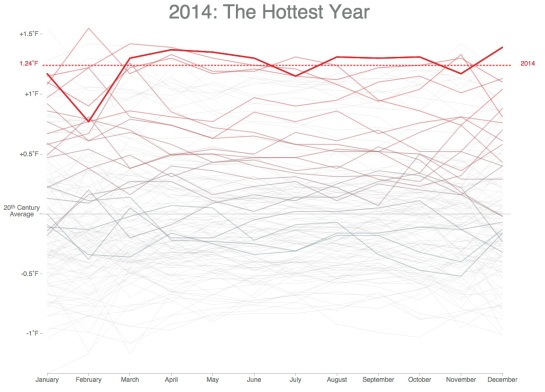|
U.S. Agency for International Development
United States Department of Agriculture
National Oceanic & Atmospheric Administration
National Institute of Standards and Technology
United States Department of Defense
United States Department of Energy
National Institutes of Health
United States Department of State
United States Department of Transportation
U.S. Geological Survey
U.S. Environmental Protection Agency
University Corporation for Atmospheric Research
National Center for Atmospheric Research
National Aeronautics & Space Administration
National Science Foundation
Smithsonian Institution
International Arctic Science Committee
Arctic Council
African Academy of Sciences
Australian Academy of Sciences
Royal Flemish Academy of Belgium for Sciences and the Arts
Academia Brasileira de Ciéncias
Cameroon Academy of Sciences
Royal Society of Canada
Caribbean Academy of Sciences
Chinese Academy of Sciences
Académie des Sciences, France
Ghana Academy of Arts and Sciences
Deutsche Akademie der Naturforscher Leopoldina of Germany
Indonesian Academy of Sciences
Royal Irish Academy
Accademia nazionale delle scienze of Italy
Indian National Science Academy
Science Council of Japan
Kenya National Academy of Sciences
Madagascar’s National Academy of Arts, Letters and Sciences
Academy of Sciences Malaysia
Academia Mexicana de Ciencias
Nigerian Academy of Sciences
Royal Society of New Zealand
Polish Academy of Sciences
Russian Academy of Sciences
l’Académie des Sciences et Techniques du Sénégal
Academy of Science of South Africa
Sudan Academy of Sciences
Royal Swedish Academy of Sciences
Tanzania Academy of Sciences
Turkish Academy of Sciences
Uganda National Academy of Sciences
The Royal Society of the United Kingdom
National Academy of Sciences, United States
Zambia Academy of Sciences
Zimbabwe Academy of Science
American Academy of Pediatrics
American Association for the Advancement of Science
American Association of Wildlife Veterinarians
American Astronomical Society
American Chemical Society
American College of Preventive Medicine
American Geophysical Union
American Institute of Physics
American Medical Association
American Meteorological Society
American Physical Society
American Public Health Association
American Quaternary Association
American Institute of Biological Sciences
American Society of Agronomy
American Society for Microbiology
American Society of Plant Biologists
American Statistical Association
Association of Ecosystem Research Centers
Botanical Society of America
Crop Science Society of America
Ecological Society of America
Federation of American Scientists
Geological Society of America
National Association of Geoscience Teachers
Natural Science Collections Alliance
Organization of Biological Field Stations
Society of American Foresters
Society for Industrial and Applied Mathematics
Society of Systematic Biologists
Soil Science Society of America
Australian Coral Reef Society
Australian Medical Association
Australian Meteorological and Oceanographic Society
Engineers Australia
Federation of Australian Scientific and Technological Societies
Geological Society of Australia
British Antarctic Survey
Institute of Biology, UK
Royal Meteorological Society, UK
Canadian Foundation for Climate and Atmospheric Sciences
Canadian Meteorological and Oceanographic Society
European Federation of Geologists
European Geosciences Union
European Physical Society
European Science Foundation
International Association for Great Lakes Research
International Union for Quaternary Research
International Union of Geodesy and Geophysics
Intergovernmental Panel on Climate Change
World Federation of Public Health Associations
World Health Organization
World Meteorological Organization
|


